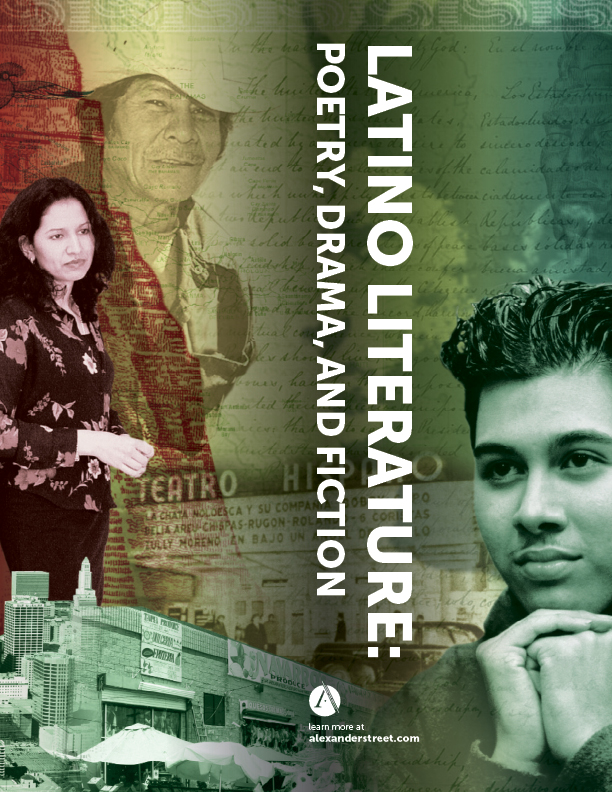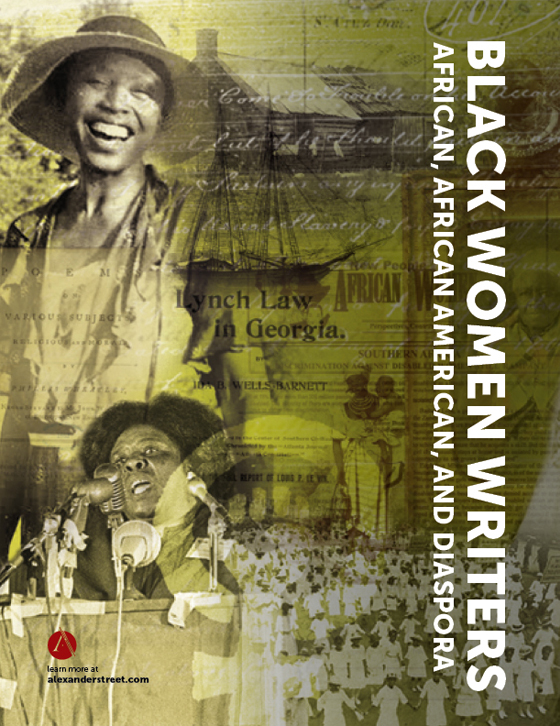
South and Southeast Asian Literature in English
South and Southeast Asian Literature is a text-based collection that showcases the literary imagination and linguistic inventiveness of Asian writers as they negotiate their varied cultural identities. Searchable together for the first time are thousands of pages of English-language fiction, short fiction, and poems written from the end of the colonial era to the present. Scholars of literature, anthropology, linguistics, postcolonial theory and criticism, history, politics, and culture will find the collection rich in insights into modern experiences and their traditional connections.
The collection provides an exciting look into the interplay of literary traditions, where influences as disparate at the Mahabharata and Charles Dickens are evident even in the same piece. Postmodern literary techniques help tell ancient stories, and contemporary political parables are teased out of classic epics from the oral tradition. Some authors use formal English, while others play with the boundaries of language, merging English prefixes with local words or phrases, or writing English in the cadences of local languages.
Content
South and Southeast Asian Literature represents widely cast diasporas. Writers originate geographically and culturally from India, Pakistan, Bangladesh, Bhutan, Sri Lanka, Malaysia, Thailand, Singapore, and Fiji and have relocated to the United Kingdom, the United States, Canada, Australia, Guyana, Trinidad and Tobago, Suriname, and African countries including South Africa and Uganda.
The collection captures a broad range of personal experiences—South Asian elites educated in legacy British colonial schools; Indian descendants of 19th-century indentured plantation and railroad laborers, now living in the Caribbean or Africa; and writers born into immigrant communities in London, Toronto, and New York.
Featured authors include Cyril Dabydeen, Ismith Khan, Chitra Fernando, Michael Ondaatje, Romen Basu, Surjeet Kalsey, Romesh Gunesekera, Githa Hariharan, Samuel Dickson Selvon, Gopal Baratham, Alamgir Hashmi, Brian Castro, Husna Azhari, and Zulfikar Ghose.
Teaching Power
For students of history, diaspora studies, postcolonial studies, and related areas, South and Southeast Asian Literature presents writers’ observations of topics such as the legacy of the British empire, struggles for independence, the 1947 partition of India and Pakistan and the unprecedented accompanying violence, the migration of Hindus and Muslims across the new borders, the Bangladeshi war for independence from Pakistan, the conflict between the Sri Lankan government and the Tamil minority, racism and the caste system, the experience of plantation laborers, and the experience of the new immigrant. On an overarching level, the literature examines notions of nationalism and transnationalism, identity and language, the individual and the collective, authenticity and hybridity, home and homeland, and the collision of the ancient and the modern.
Editorial Selection
The collection was built using a wide range of bibliographies, including:
- Writers of the Indian Diaspora: A Bio-Bibliographical Critical Sourcebook, edited by Nelson
- South Asian Literature in English: An Encyclopedia, edited by Sanga
- Asian/Pacific Literatures in English: Bibliographies, edited by McDowell and McDowell
- Postcolonial Literatures in English: Southeast Asia, New Zealand, and the Pacific, 1970–1992, edited by Williams
- South Asian Diaspora Literature in English, edited by Joshi
- Bibliography of Indo-English Literature: A Checklist of Works by Indian Authors in English, 1800–1966, edited by Karkala and Karkala
Publication Details
South and Southeast Asian Literature contains 100,000 pages of text.








